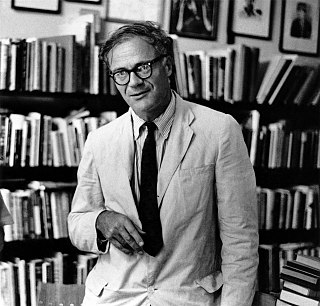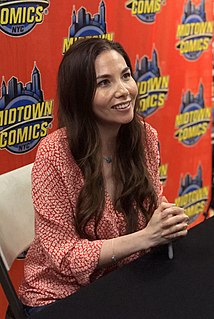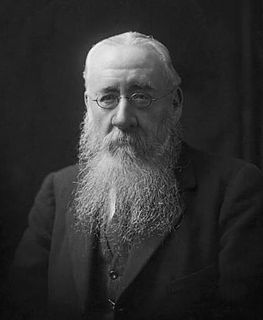A Quote by Edmund White
Fiction is the thing I esteem most in my own work; I feel that, even if it's no good, only I could have written those books.
Related Quotes
Only idiots or snobs ever really thought less of 'genre books' of course. There are stupid books and there are smart books. There are well-written books and badly written books. There are fun books and boring books. All of these distinctions are vastly more important than the distinction between the literary and the non-literary.
Amity Gaige has written a flawless book. It does not contain a single false note. Playful and inventive, SCHRODER movingly depicts the ways we confound our own hearts--how even with the best intentions, we fail to love those closest to us as well as we wish we could. Eric Schroder should take his place among the most charismatic and memorable characters in contemporary fiction, and Amity Gaige her place among the most talented and impressive writers working today.
I believe that the mainstream publishers, DC and Marvel, need to catch up as well. Out of the fifty-odd books that are published each month, just a handful are written by women, and even less of those are written by women of color. It's not right, and it's not good for the companies in the long-term. It's also not good for fans, for readers.
Few people ask from books what books can give us. Most commonly we come to books with blurred and divided minds, asking of fiction that it shall be true, of poetry that it shall be false, of biography that it shall be flattering, of history that it shall enforce our own prejudices. If we could banish all such preconceptions when we read, that would be an admirable beginning.
The fiction I've written and published is certainly inflected by the work of authors I was reading or translating at the time. One of my methods for developing my own voice in fiction, a process I am taking very slowly and deliberately, is through these very intense encounters with certain writers. Strength and power in fiction is being able to resist these intoxicating voices, recognizing that they are the signatures of other writers and not one's own.
I would say that most of my books are contemporary realistic fiction... a couple, maybe three, fall into the 'historic fiction' category. Science fiction is not a favorite genre of mine, though I have greatly enjoyed some of the work of Ursula LeGuin. I haven't read much science fiction so I don't know other sci-fi authors.
The novels are always morphing into something else now, some kind of hybrid, more of a ground that isn't so easily specified. I suppose you could call it creative non-fiction, and rather focused on the natural world, which is what I'm most interested in reading these days. At least that would be the closest thing, but my books also include some fiction, so they're difficult to pinpoint.
Barrie and the wonderful characters he created, Lewis Carroll, even French literature, like Baudelaire or over in the States, Poe, you open those books, you open The Flowers of Evil and begin to read. If it were written today, you'd be absolutely stupefied by the work. It's this incredible period where the work is timeless, ageless. So yeah, I just love all those guys. It's my deep passion in those great 19th century writers.
I write about the period 1933-42, and I read books written during those years: books by foreign correspondents of the time, histories of the time written contemporaneously or just afterwards, autobiographies and biographies of people who were there, present-day histories of the period, and novels written during those times.







































